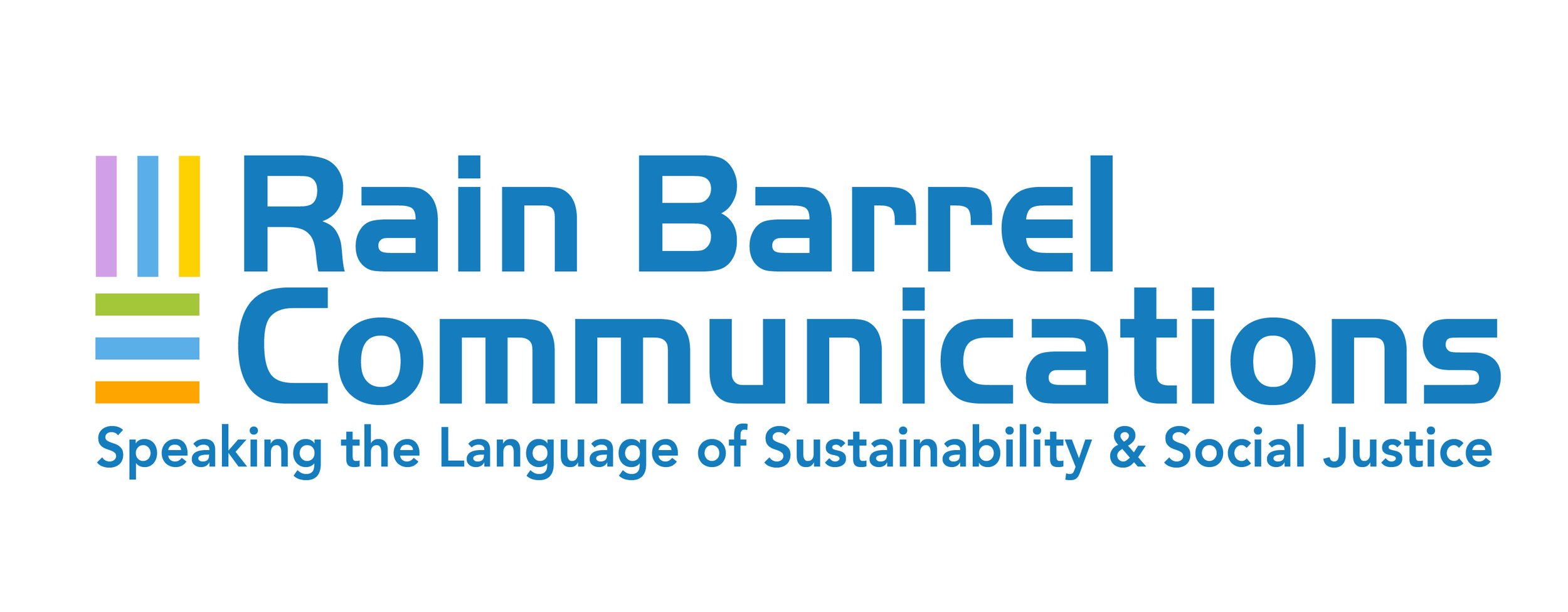Community is key — hard evidence from a dengue trial
I just had a wonderful lunch with former UNICEF colleague and old friend Bob Ledogar. Talking about the alarming spread of the Zika virus in Latin America and beyond, Bob told me about the exciting results of the recently-concluded Camino Verde dengue control trial carried out in Mexico and Nicaragua by CIET (Centro de Investigación de Enfermedades Tropicales), the development research company he has worked with for many years.
The findings -- described in the paper linked below -- are highly relevant to combatting Zika, which is transmitted by the same variety of mosquito as dengue. Among other things, the randomized control study concluded that community mobilization led by local volunteers led to reductions of about 30% of dengue cases among young children -- the first study to actually measure the direct impact of community-led vector control and education in cases of dengue.
"Traditional policies and programs, based on the use of larvicides and pesticides, have not managed to control the spread of the dengue virus and its vector, the Aedes mosquito. The trend in recent years has been towards strategies that incorporate some form of community participation, but before Camino Verde there was no hard evidence that community engagement actually had an impact on the disease."
Here's a link to the Camino Verde website: http://caminoverde.ciet.org/en/about-us/
The results of the Camino Verde trial were published in the BMJ (British Medical Journal) in July 2015. See: http://bmj.com/cgi/content/full/bmj.h3267.
Let's hope that efforts to curb further spread of the Zika virus take the Camino Verde findings into account. Bravo CIET!
